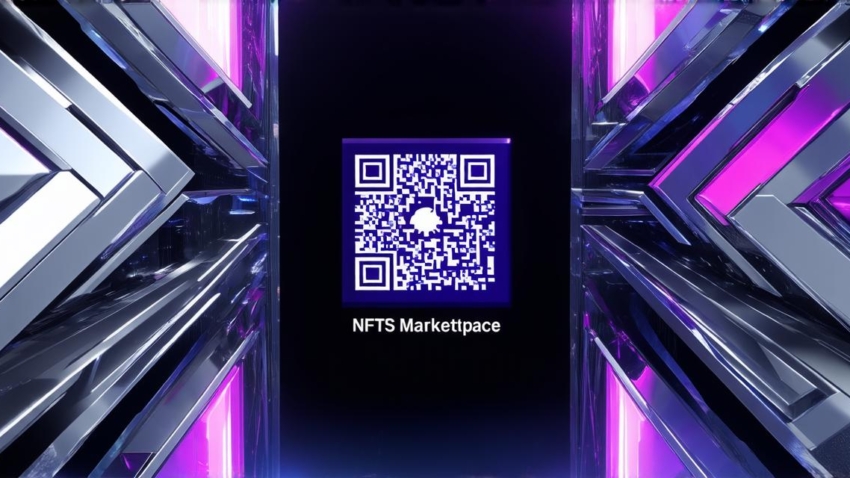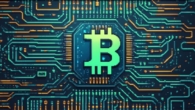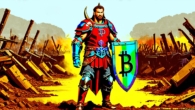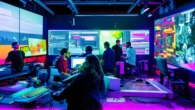
Is there a future for NFTs
Is There a Future for NFTs: A Comprehensive Analysis
Non-Fungible Tokens (NFTs) have been gaining massive traction in recent years, with the art world and other industries beginning to recognize their potential. These unique digital assets allow creators and collectors to authenticate and own exclusive, one-of-a-kind items on a secure blockchain platform.
But as NFTs continue to evolve, is there really a future for this technology?
What are NFTs, and How do they work?
Before diving into the potential applications of NFTs, it’s important to first understand what they are and how they work. NFTs are unique digital assets that are stored on a blockchain, allowing them to be bought, sold, and owned in a secure and transparent way.

Unlike cryptocurrencies, which are interchangeable and fungible, NFTs are one-of-a-kind and cannot be replaced or exchanged.
The process of creating an NFT involves several steps, including the creation of a unique digital asset, the minting of the NFT on a blockchain platform, and the sale of the NFT to a buyer. Once an NFT is created and sold, it can be bought and sold again in a secondary market, with ownership of the NFT being recorded on the blockchain.
Potential applications of NFTs
NFTs have already found success in several industries, including the art world, music, and sports. In the art world, NFTs have allowed artists to sell unique digital art pieces as one-of-a-kind assets, with ownership being recorded on a blockchain.
In the music industry, NFTs have been used to sell exclusive concert tickets, merchandise, and even album releases. In the sports world, NFTs have been used to sell collectible player cards and other memorabilia. But there are many other potential applications for NFTs beyond these industries.
For example, NFTs could be used to represent real-world assets such as properties, cars, or even fine art pieces. This would allow for secure, transparent ownership of these assets on a blockchain platform, making it easier for buyers and sellers to transact.
Challenges and limitations of NFTs
Despite their potential benefits, there are also several challenges and limitations that may hinder the widespread adoption of NFTs. One of the biggest challenges is the lack of regulation around NFTs, which can make it difficult for buyers and sellers to navigate the market.
Another challenge is the high cost associated with creating and minting NFTs. This can be prohibitive for smaller creators and collectors who may not have the resources to invest in this technology. In addition, the environmental impact of NFTs can also be significant, as they require a large amount of computing power to create and maintain on a blockchain.
FAQs
Q: What are NFTs?
Non-Fungible Tokens (NFTs) are unique digital assets that are stored on a blockchain, allowing them to be bought, sold, and owned in a secure and transparent way.
Q: How do NFTs work?
NFTs involve several steps, including the creation of a unique digital asset, the minting of the NFT on a blockchain platform, and the sale of the NFT to a buyer. Once an NFT is created and sold, it can be bought and sold again in a secondary market, with ownership of the NFT being recorded on the blockchain.
Q: What are some potential applications of NFTs?
NFTs have already found success in several industries, including the art world, music, and sports. They could also be used to represent real-world assets such as properties, cars, or even fine art pieces.
Q: What are some challenges and limitations of NFTs?
One of the biggest challenges is the lack of regulation around NFTs, which can make it difficult for buyers and sellers to navigate the market. Another challenge is the high cost associated with creating and minting NFTs, as well as the environmental impact of NFTs.
Q: Is there a future for NFTs?
While there are certainly challenges and limitations to overcome, the potential applications of NFTs are vast, and it’s likely that this technology will continue to evolve and gain traction in the coming years. The future of NFTs is uncertain, but they have already shown promise as a way for creators and collectors to securely own and transact digital assets.







